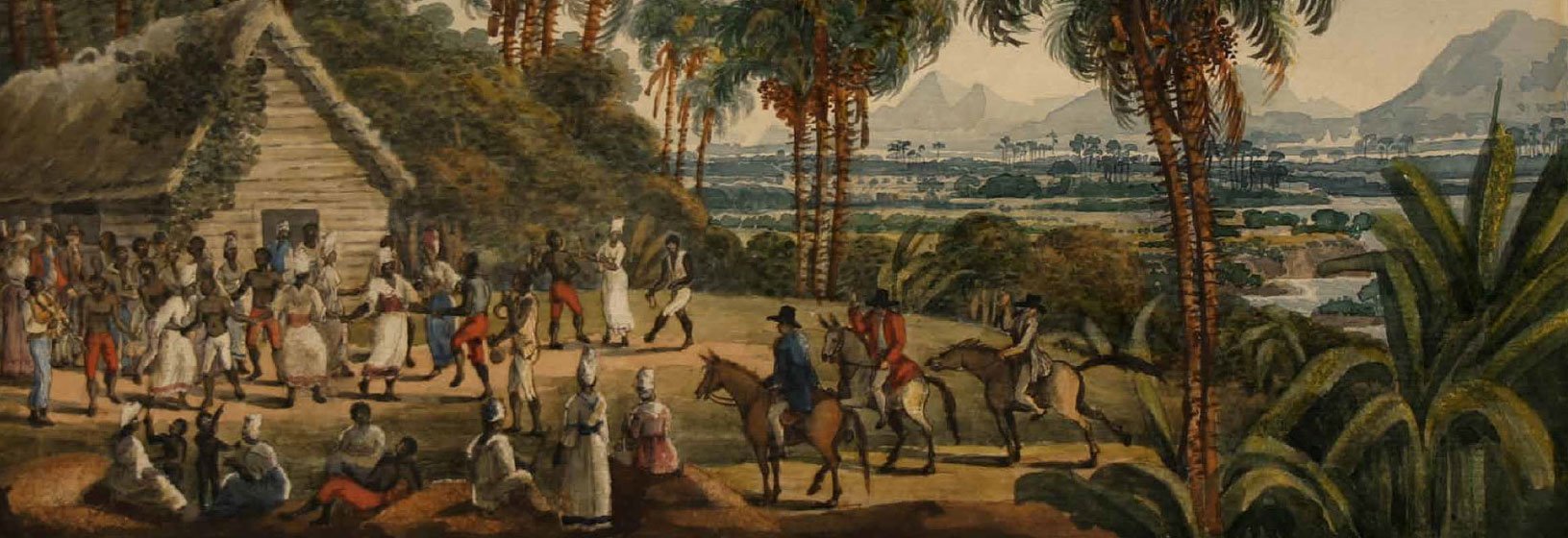Laura Trevelyan and the gathering momentum for reparations

News that longtime BBC journalist Laura Trevelyan has presented her last @BBCWorld News America show would normally be an item in a newspaper or website’s media round-up/gossip section.
It isn’t. Ms Trevelyan’s departure from the broadcaster is a rather remarkable story about the campaign for reparatory justice and how it is gathering momentum.
Ms Trevelyan, who belongs to a family that profited from the labour of more than 1,000 slaves across six sugar plantations on Grenada, has left her BBC job for an uncertain if idealistic mission. As a “roving advocate for reparatory justice,” she will use her professional skills as a storyteller and the authority (and no doubt painfully acquired self-knowledge) of a descendant of slaveowners to speak for reparations.
Her new role is about “confronting the past,” in the phrase Ms Trevelyan used in the documentary she made last year for the BBC on Grenada. (The 26-minute documentary is here.)
“When slavery was finally abolished,” she said in the documentary, “we received compensation about 3 million pounds in today’s money for the loss of our property. The slaves got nothing.”
The “property” for which the Trevelyans were compensated was human beings. People who like them, lived and breathed, ate and defecated, copulated and produced children, but had the ill-fortune to be born the wrong skin colour, in the wrong place, at the wrong time.
The Grenada National Museum has this to say about the island’s place in the trans-Atlantic slave trade: “During the European colonization of Grenada, it is estimated that over 129,000 enslaved were brought to the island between 1669-1808 (just after the British abolished the slave trade in 1807), although it is likely higher because numbers during the French period are patchy”.
Ms Trevelyan recently said that her life today reflects the privilege squeezed from those colonial-era depredations: “My own social and professional standing, almost 200 years after abolition, is almost certainly linked to the wealth and the status that our family acquired, at least partly through slave ownership. There’s no coincidence. The past does define the present”.
It is a brave admission and puts me in mind of something I’ve mentioned before – Stephen Bush’s recent piece on reparations (paywall) in the Financial Times. Using an heirloom from the family farm in South Africa as a metaphor for the reparations case, he noted the unanswerable moral argument for reparations: “…on average, the family with the silver tea set is going to be richer and more successful than the family that mined the silver. No amount of hard work or good luck is going to close the gap — only some form of redistributive action is going to cut it”.
It is not easy to acknowledge inherited privilege; even harder to try and take responsibility for actions of family members from hundreds of years ago. That some are moved to go down this path surely says something about the new momentum for the reparations movement, as also for the unceasing, restless search for justice.
Also read:

